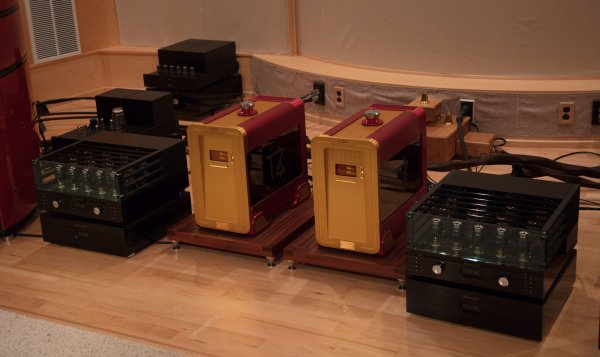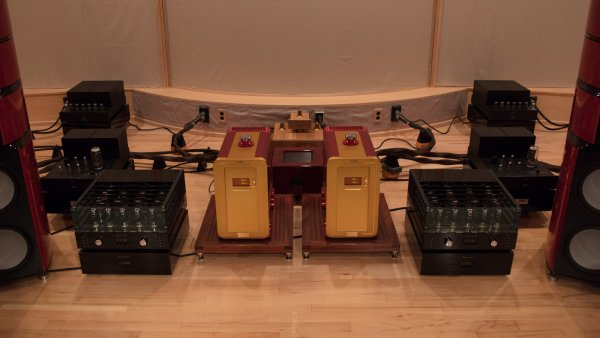Hi Marty, thanks for the considered response. While the practice of a reviewer running a reference system, and reviewing on a simple product replacement basis is widespread, it doesn't make it right. The same thing applies in dealers, where product auditions generally follow the same path. Why? Because it's easy and it at least appears to limit the variables. However, when I receive a product for review I have always considered it my first responsibility to achieve that product's maximum possible performance. In the case of a speaker, that demands a full set up, possibly in more than one room, the use with a number of different driving amplifiers and source components, with adjustments along the way. An amplifier will typically be used with a range of different pre-amps (unless a matching unit has been supplied) as well as several different speakers. Of course, when an amp is first installed, it will be with the existing speaker set up, so whether or not the system benefits from repositioning the speakers is pretty obvious.
Over the course of a year I receive a large number of both amplifiers and speakers. Being in the fortunate position of having a large listening room with roll-in access, those often tend to be the largest and heaviest units. The wider the bandwidth of the speaker, the more critical is its positioning, the more necessary its adjustment to accommodate different amp(s) or cable combinations. So, you see, I have done the experiment - many, many times.
I merely offered this perspective in the spirit of possibly explaining your experience - an experience which certainly seems singular as regards the M10. Do I believe that there is something toxic in the M10/Alexx V combination, something that's absent from (the even more demanding) M10/XVX pairing? No. Do I believe that, had you experimented with speaker positioning, your M10 experience would have been significantly improved? Yes. Do I believe that individually adjusting the speaker positioning to suit the Mephisto, JC1+ and Soulution amps would have elevated the performance in each case? Absolutely. And isn't performance what this is all about? You can't listen to a product, no matter how hard you try. You can only listen to a system. If the system works better with a speaker adjustment to accommodate a new amp, I for one am not going to leave the speakers where they were, on the basis that moving them might offend some narrow, pseudo-scientific diktat. The notion of sticking to a single variable might be laudable in theory, but when it comes down to it, in the context of a hi-fi system it is virtually impossible to achieve, for the reasons that I and others have explained. Any 'experimental protocol' that involves a pair of speakers, a room and a set of ears to do the measuring is flawed at best, but proper observational techniques and strict methodology go some way towards compensating. Those who have experienced a system performance (rather than individual product) focussed approach have generally been surprised and impressed by both the results and the accuracy/transferability of the conclusions reached. I just wonder what might have been achieved in your set up with this approach?




